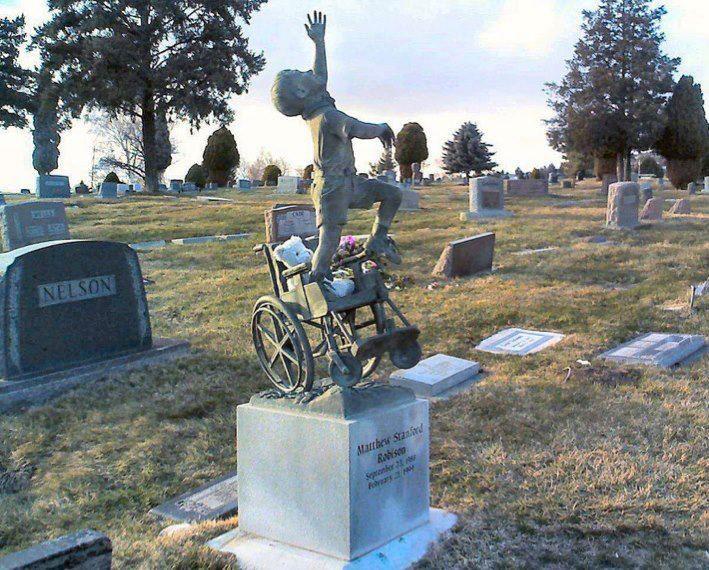It’s been a long time since I’ve posted a new set of “Fortune cookie wisdom,” but I think that I have five good ones here. Before reading them, if you’d like to check out the previous posts in the series, you can with the links below:
- Fortune cookie wisdom – Part 5
- Fortune cookie wisdom – Part 4
- Fortune cookie wisdom – Part 3
- Fortune cookie wisdom – Part 2
- Fortune cookie wisdom – Part 1
Now that you’ve wasted a good amount of time reading those previous posts (hey, it’s better than watching more cat videos on YouTube, right?), here are the new ones:
- Generosity and perfection are your everlasting goals.
- We must always have old memories and young hopes.
- Discontent is the first step in the progress of a man or a nation.
- An important word of advice may come from a child.
- Someone is looking up to you. Don’t let that person down.
I think that the third one is especially true in these times. With many political, social, economic, and societal decisions being made without full support of the people, it is necessary for individuals to express discontent before any change can begin. The fourth one is incredibly important to remember. We all too often forget that children can show us different ways of looking at otherwise maladroit or stale situations. They can enlighten us and open our eyes to perspectives that we may not have considered with our “adult” worldviews. I’m reminded of the recent Why advertisement from Charles Schwab:
It also ties nicely to the final one that I posted today. We need to remember to always act with integrity because there is always someone looking up to us, and modelling his or her behaviours after our own.
Good stuff, but like the previous post, I think that there was less of an emphasis on the funnier side of the fortune cookies. Hopefully I’ll get some new funny ones soon.
Cheers,
Zach


